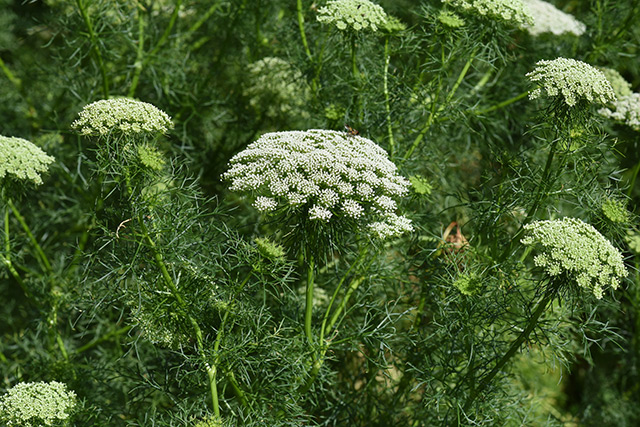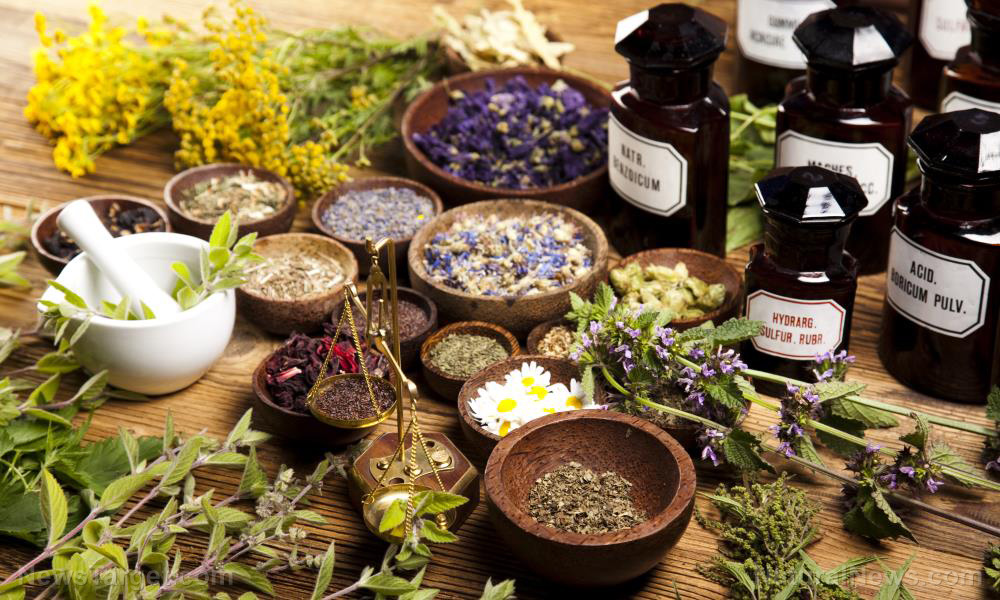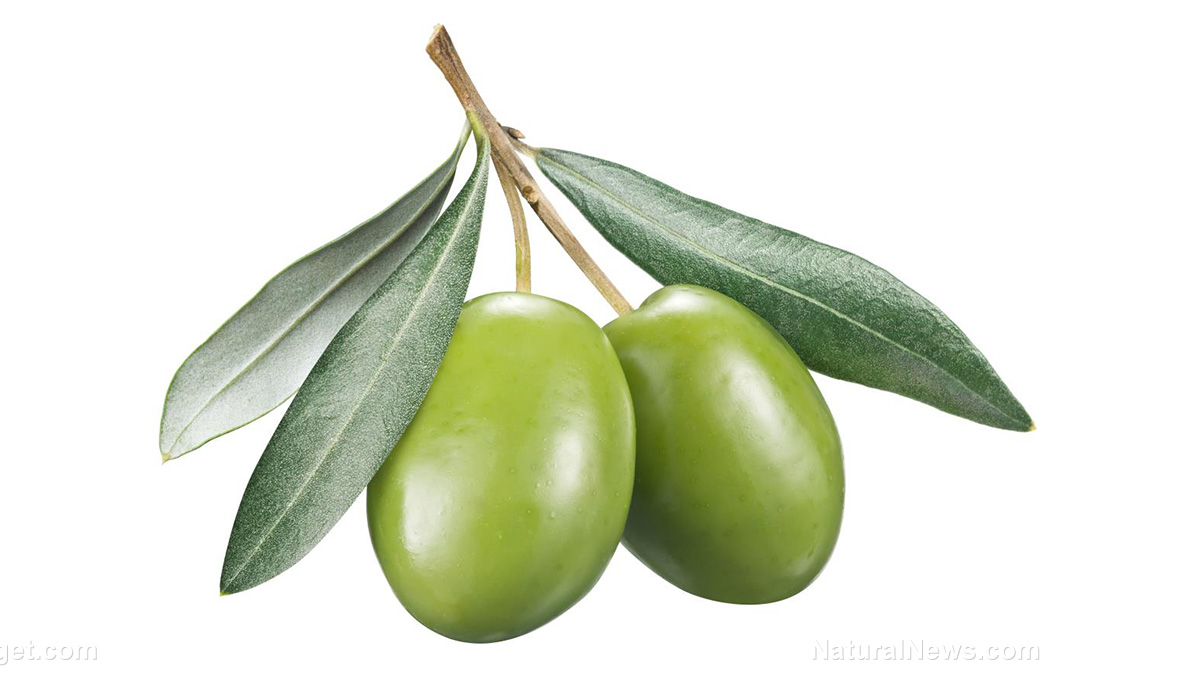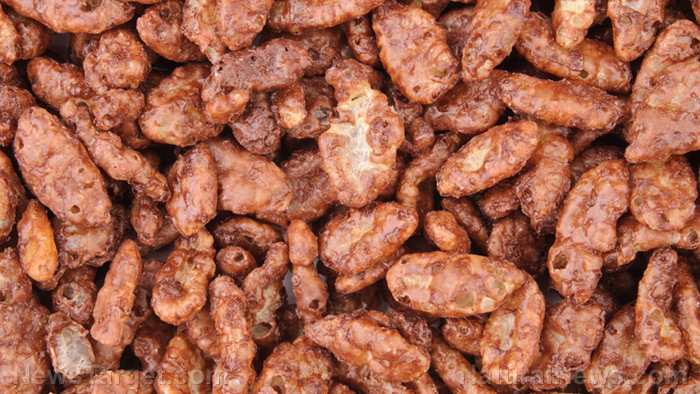Investigating the antioxidant and liver-protective properties of Surattense nightshade
06/18/2020 / By Evangelyn Rodriguez

According to research, around 100 different species of medicinal plants have been documented in Saudi Arabia. Among them, at least 35 were confirmed to be natural remedies traditionally used to treat liver disorders.
Some of the most notable ones include Acacia mellifera (black thorn), Aerva javanica (kapok bush), Atriplex subrecta (sprawling saltbush) and Solanum surattense (Surattense nightshade), which are all known for their growth-stimulating and anti-hepatitis B activities. Black thorn, kapok bush and sprawling saltbush have also shown strong antioxidant and hepatoprotective properties in animal studies.
Compared with these medicinal plants, relatively little is known about the benefits of Surattense nightshade for liver health. To find out if it has the same properties as the other three, researchers from Saudi Arabia and Sudan decided to evaluate the antioxidant, anti-apoptotic and hepatoprotective activities of Surattense nightshade using cultured liver cells and rats treated with carbon tetrachloride (CCl4) to induce liver injury. They reported their findings in an article published in the journal BMC Complementary and Alternative Medicine.
The medicinal uses of Surattense nightshade
Surattense nightshade is a perennial weed that grows in Saudi Arabia, the Farasan Islands and India. Sometimes called yellow fruit nightshade, it is a widely used folk medicine and a well-known herb used in Ayurveda. According to studies, Surattense nightshade has anti-fungal, anti-plasmodial, cholesterol-lowering and anti-diabetic properties. It has also shown diuretic properties in rats.
In traditional medicine, Surattense nightshade is used to relieve bronchial asthma, skin diseases, headaches and migraines. A paste made from its roots is used to treat hernia. Meanwhile, Surattense nightshade leaves, when applied locally, can reduce muscle or body pain. The juice made from its leaves, when mixed with black pepper, can be used to treat rheumatism. Surattense nightshade berries, on the other hand, can be used for sore throat.
According to studies, Surattense nightshade is rich in active plant compounds, such as saponins and steroidal alkaloids. Chinese researchers have previously reported isolating a rare steroidal alkaloid saponin from the plant; its biological activities, however, are yet to be explored. Similarly, a study published in the journal Chemistry of Natural Compounds reported finding two new steroidal components of Surattense nightshade, namely, solanoside A1 and solanoside B2.
Surattense nightshade can protect the liver from damage caused by oxidative stress
To further investigate the therapeutic potential of Surattense nightshade, the researchers obtained an ethanol extract from its leaves and assessed its cell-protective and anti-apoptotic activities using liver cells treated with cytotoxic dichlorofluorescein (DCFH). The researchers also performed DPPH radical scavenging assay and linoleic acid bleaching assay to measure the extract’s antioxidant activity.
The researchers reported that at concentrations of 50, 100 and 200 mcg/mL, the Surattense nightshade ethanol extract protected and increased cell proliferation in vitro by inhibiting DCFH-induced caspase-3 and -7 expression. Both caspases are actively involved in apoptosis or programmed cell death. (Related: Poor man’s ginseng found to protect against liver damage.)
In CCl4-injured rats, the extract (200 mg/kg) significantly normalized the levels of serum transaminases, alkaline phosphatase, bilirubin, cholesterol, triglycerides and total protein, including tissue malondialdehyde and non-protein sulfhydryls. This demonstrates Surattense nightshade’s ability to protect the liver from irreversible damage and restore liver function.
Using high-performance liquid chromatography, the researchers found that the Surattense nightshade ethanol extract contains a variety of useful compounds, such as flavonoids, alkaloids, tannins, plant sterols and saponins. The presence of these phytochemicals, particularly B-sitosterol, enabled the extract to show strong antioxidant activity in assays, as well as the ability to prevent lipid peroxidation. This process is associated with alterations in cell signaling, DNA damage and cell toxicity, all of which contribute to liver damage.
Based on these findings, the researchers concluded that Surattense nightshade can protect against chemical-induced oxidative stress and liver damage.
Sources include:
Tagged Under: alternative medicine, antioxidants, liver damage, liver health, natural cures, natural medicine, oxidative stress, phytonutrients, plant medicine, prevention, remedies, research, surattense nightshade



















